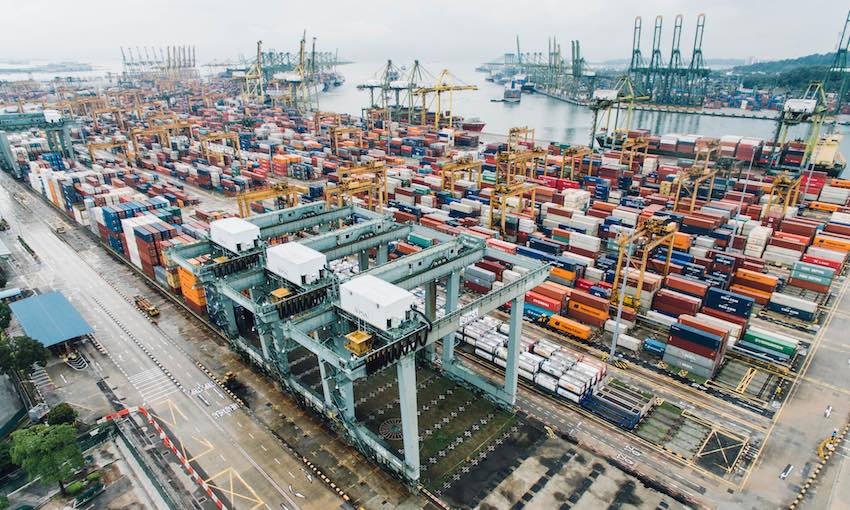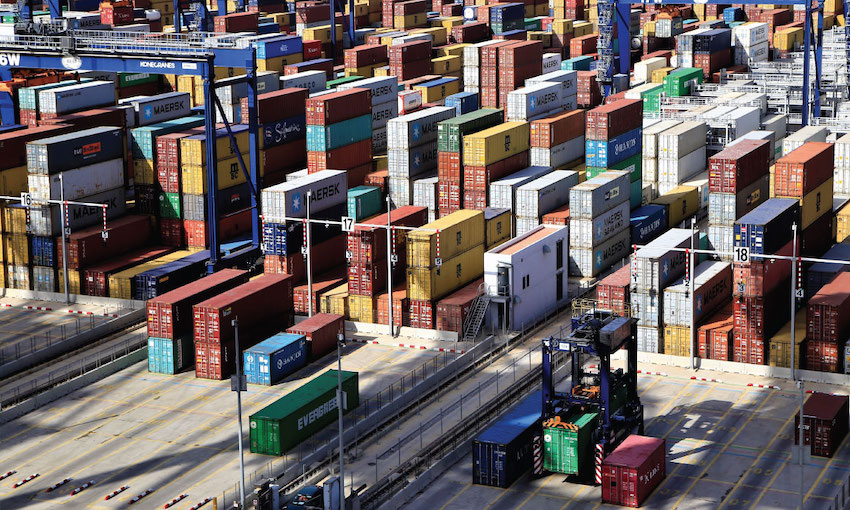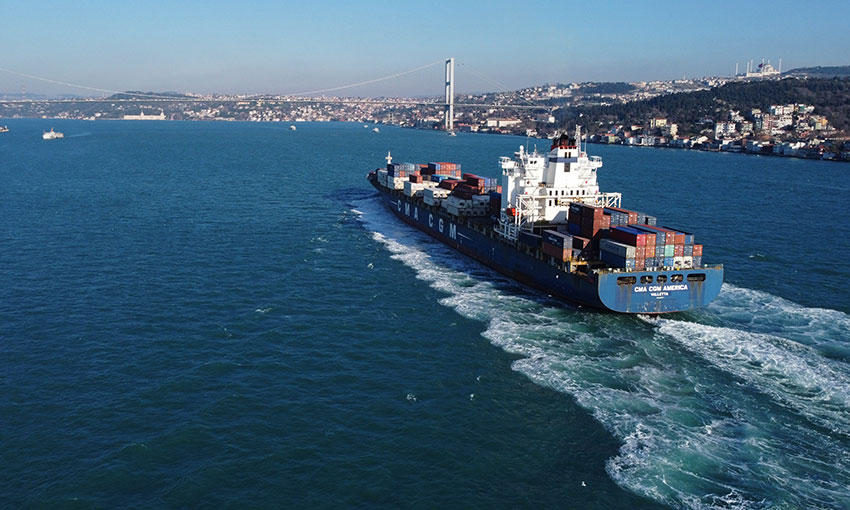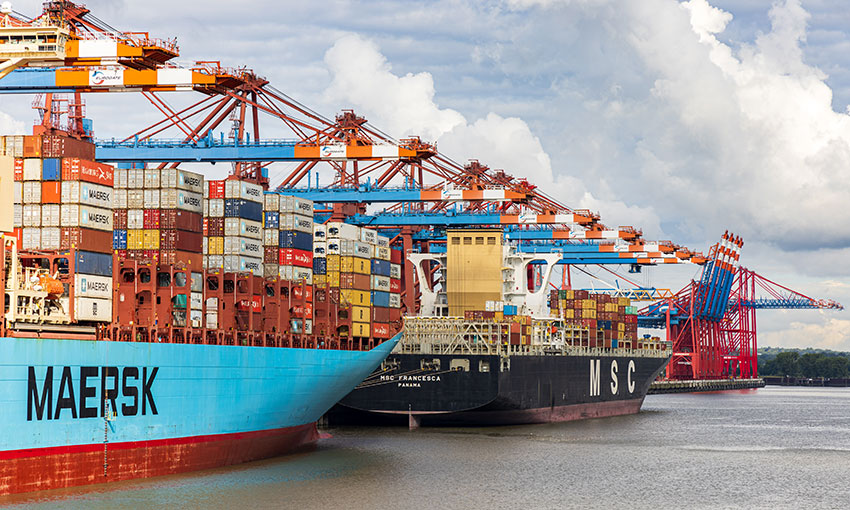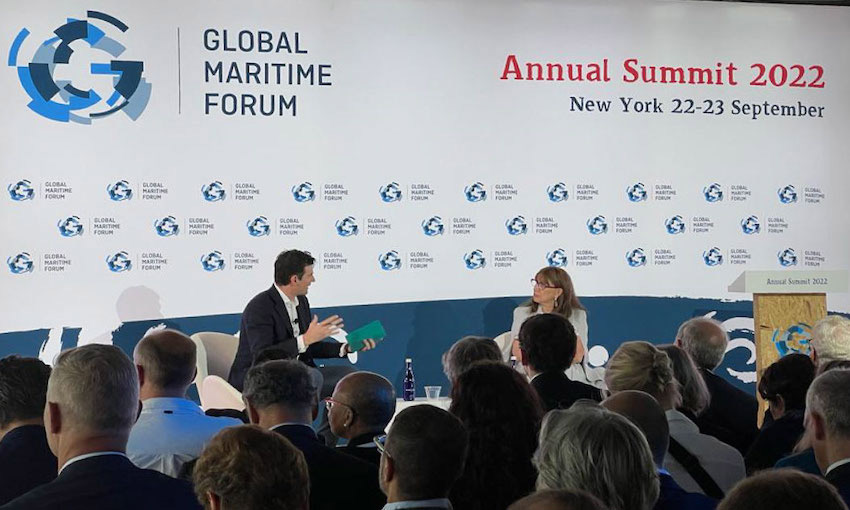THE UNITED Nations Conference on Trade and Development forecasts a record $32 trillion for global trade value in 2022, but the upwards trend has taken a turn.
UNCTAD’s latest Global Trade Update, published this week, suggests a slowdown that began in the second half of the year is expected to worsen in 2023.
It attributes its expectations to geopolitical tensions and tight financial conditions.
UNCTAD said trade in goods and services have been strong this year despite the war in Ukraine and the lingering impact of the pandemic.
Trade in goods reportedly grew 10% from last year to an estimated US$25 trillion, due partly to higher energy prices. Services were up 15% to a record US$7 trillion.
But the UNCTAD report warns that the slowdown during the second half of this year points to tougher conditions in 2023.
“Economic growth forecasts for 2023 are being revised downwards due to high energy prices, rising interest rates, sustained inflation in many economies, and negative global economic spill-overs from the war in Ukraine,” the report said.
“The ongoing tightening of financial conditions is expected to further heighten pressure on highly indebted governments, amplifying vulnerabilities and negatively affecting investments and international trade flows.”
Despite the slowdown in trade value, UNCTAD said overall trade volumes continued to grow throughout 2022.
“Part of the decline in the value of international trade during the second half of 2022 is due to a decrease in the prices of primary products,” the report said.
Negative factors outweigh the positive in UNCTAD’s current outlook, but the organisation highlighted improvements in the logistics of global trade as a positive.
“Ports and shipping companies have now adjusted to the challenges brought by the Covid-19 pandemic,” the report said.
“Freight and cargo rates are still higher than the pre-pandemic averages, but their trend is downwards.”
UNCTAD highlighted two factors that could affect trade patterns in 2023: the reshaping of global supply chains and the transition toward a greener world economy.
The report said risks and uncertainties remain high for global supply-chain operations.
“Risk mitigation strategies, such as the diversification of suppliers, reshoring, near-shoring and friend-shoring, will likely affect international trade patterns in the coming year,” it said.

